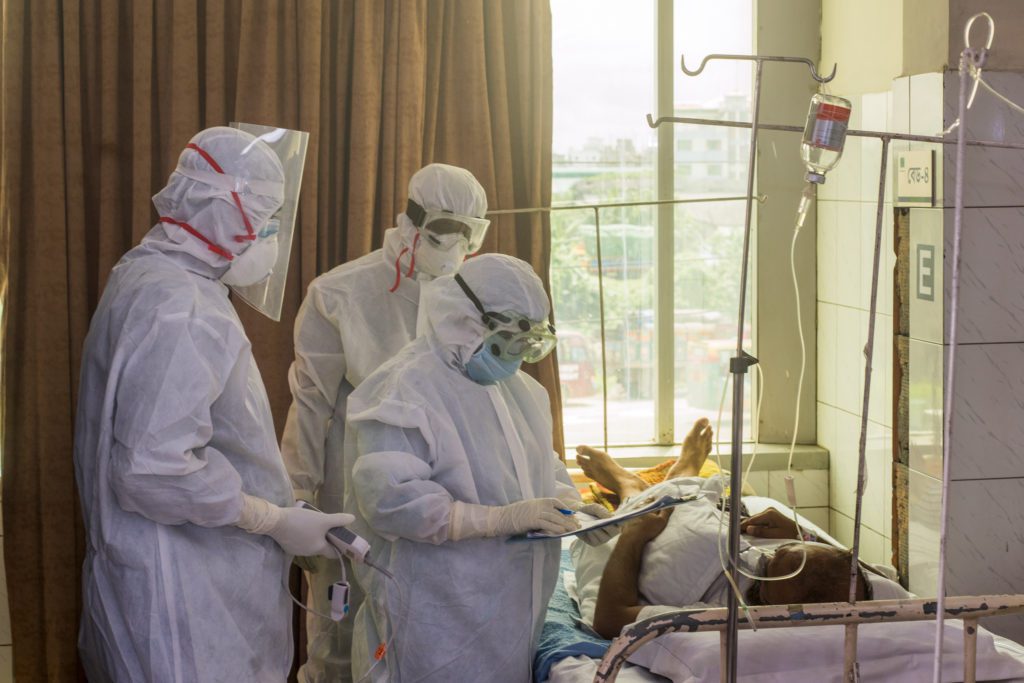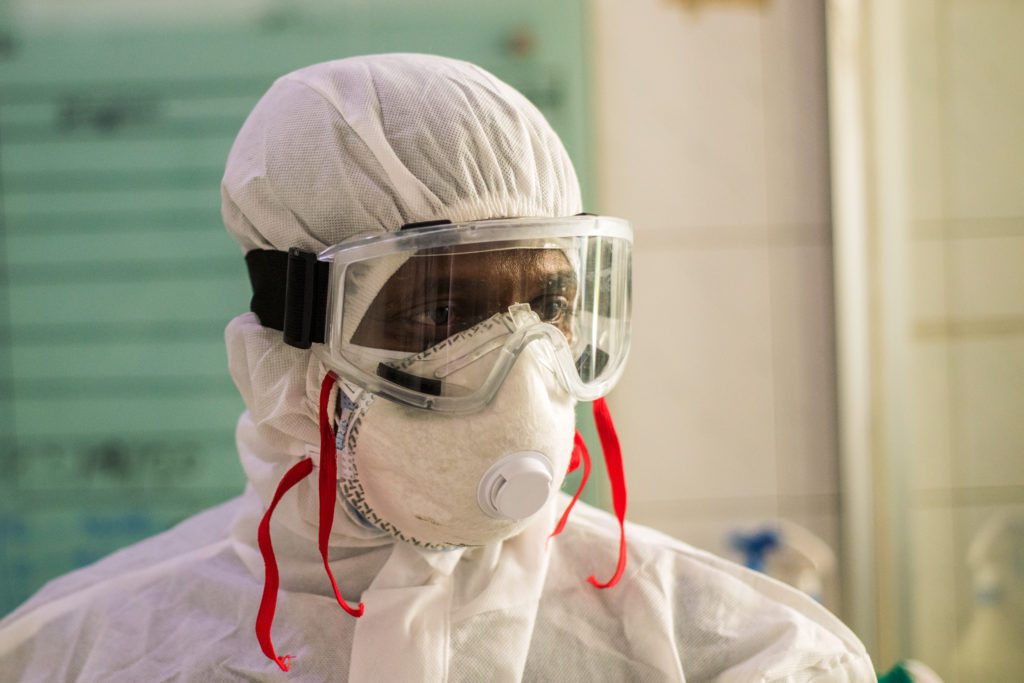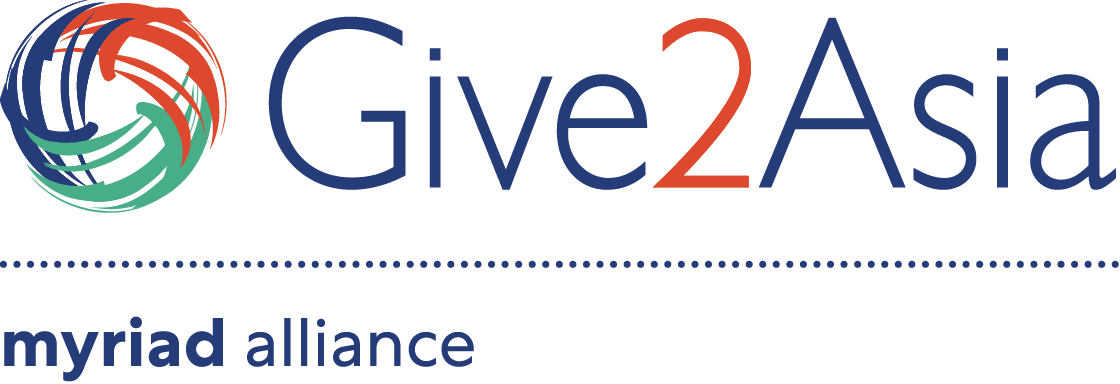Recognizing the extreme sacrifices by healthcare workers during the pandemic, MetLife Foundation partnered with SAJIDA Foundation to financially support families of frontline workers who passed away due to COVID.
Mrs. Shamima Akter, from Bangladesh, worried everyday about her husband, Dr. Shakhawat Hossain, who worked at a private hospital in Dhaka as a frontline worker. A dedicated doctor, Dr. Hossain faced great risks every day to take care of COVID-19 patients, while doing what he could to protect himself and his family. However, Mrs. Shamima’s worst fears were realized when her husband contracted the virus and passed away in June 2020. Widowed at just 36-years-old and with three young children in her care, Mrs. Shamima’s worries turned to the future.
Dr. Shakhawat is among dozens of healthcare workers in Bangladesh who have sacrificed their lives in the battle against COVID. Often the only breadwinner in their families, their deaths have upended the lives of many families who mourn the loss of loved ones—and must now prepare for life without them.
Recognizing the extreme sacrifices by healthcare workers during the pandemic, MetLife Foundation partnered with SAJIDA Foundation—a Bangladesh-based charity—to financially support families of frontline workers who passed away due to COVID. The US$150,000 grant, which was facilitated through Give2Asia, also provided risk allowances to healthcare workers and helped fund the distribution of personal protection equipment to staff at SAJIDA’s COVID-19 isolation facility in Narayanganj.

Prior to the pandemic, MetLife’s grants to Asia focused predominantly on building financial health. When the pandemic struck, the team decided to immediately refocus their strategy and help address immediate needs of low to moderate income communities (both healthcare and financial) in the countries where they had presence.
“There were a lot of frontline health workers who were affected,” explained Krishna Thacker, Director of MetLife Foundation’s Asia region. When a healthcare worker fell victim to COVID-19, “their families were losing, in many cases, the only earning household member and often had no other financial support. We wanted to do something that could provide them at least some support to handle that crisis.”
Together with SAJIDA Foundation, MetLife Foundation co-designed an innovative pilot program to identify and compensate families of fallen healthcare workers. Having previously worked with SAJIDA on a financial health focused project before the pandemic, Thacker said they felt confident about teaming up again.
“We had visited their field operations, we know the leadership, and we know they are one of the more reputable nonprofits in Bangladesh,” he said.
SAJIDA identified potential recipients through social media, newspapers, and personal contacts. A team with members from both organizations collected and verified additional documentation to select beneficiaries.

By November 2020, 33 families of deceased healthcare workers had received BDT 200,000 each (about US$2,359). Eligibility wasn’t limited to medical doctors; about 70% of the payouts went to families of nurses, technicians, and community healthcare providers.
The financial support went a long way in helping reduce the economic shock families experienced after losing a primary breadwinner. Mrs. Shamina, the widow in Dhaka, said she would use the payment to make sure that her children would be able to continue their studies.
The project also provided monthly risk allowances to 50 healthcare workers—including paramedics, lab technologists, care assistants and drivers—at SAJIDA’s Narayangaj COVID-19 isolation center. Payments ranged from 4,500 BDT to 24,000 BDT (about US$53 to US$283) from May 2020 to November 2020.
The recipients were identified from the hospital based on the level of risk associated with their place of work, time spent working with COVID-19 patients, and other factors. By providing risk allowances to vulnerable workers, the project also helped incentivize frontline staff, many of whom had yet to receive government-provided honorariums. Some recipients used the allowance to rent lodging closer to the hospital to reduce travel time and avoid potentially exposing their family members to the virus at home.
Lastly, the grant helped SAJIDA purchase BDT 1.3 million (about US$15,336) worth of personal protection equipment for healthcare workers at its COVID isolation center. The center provided free treatment covering doctors’ fees, tests, meals, and medicine to COVID-19 patients, mostly from lower and lower-middle income households. Thanks to the protective gear and strong protocols, one doctor noted that the rate of infection among staff members has been low compared to other hospitals she had observed.
While the project was designed for speed and simplicity, Thacker noted the importance of adapting to meet changing needs on the ground. For example, the project had initially intended to focus in Dhaka and Narayanganj. When the mortality rate among healthcare workers spiked elsewhere in May 2020, the team pivoted to include healthcare workers across a wider geography.
This project demonstrated how funders can use existing relationships with trusted NGOs to swiftly deploy an emergency compensation program, identify eligible beneficiaries, and address vulnerable families’ pressing needs, even during a global crisis. Looking back on the project, Thacker is pleased with the positive impact for healthcare workers and their families. “I think it’s meaningful that we could support areas and individuals where there was the greatest need, at the highest level, and the simplest form,” he said.
The partnership is continuing to evolve in response to the ongoing 2021 wave, providing low income people with affordable COVID care at SAJIDA’s hospitals.
Learn more about this program on the SAJIDA Foundation’s website. Photos courtesy of SAJIDA Foundation.




